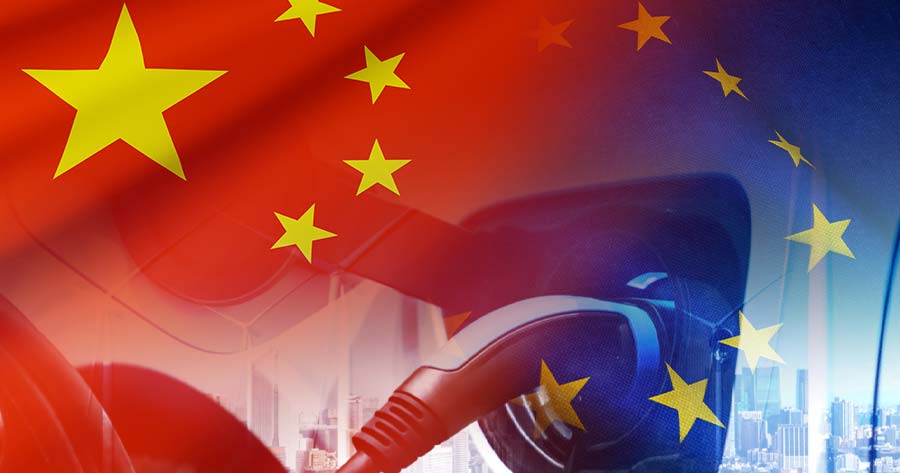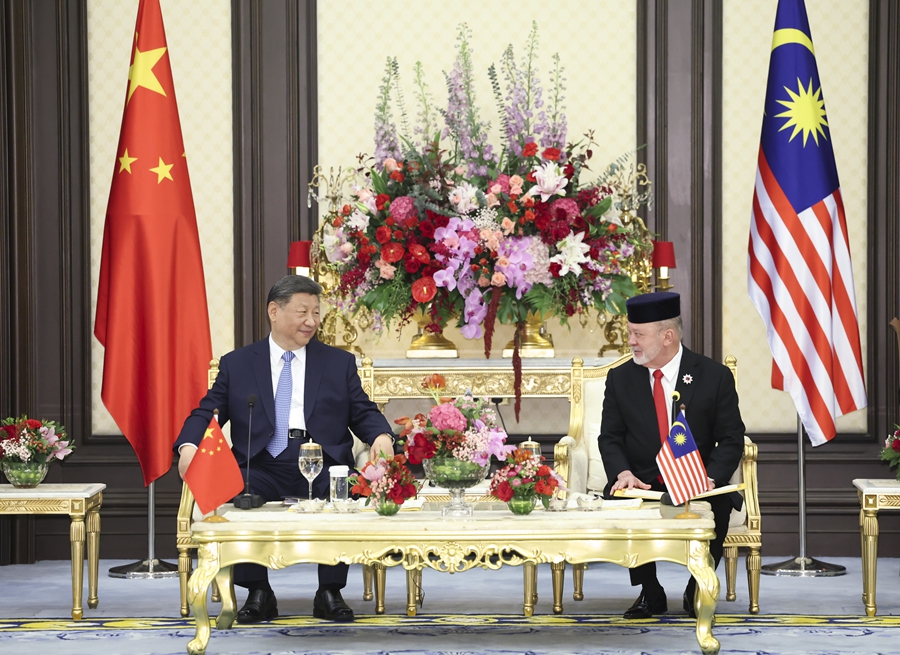In October 2023, the European Commission made a decision with significant consequences for international trade, launching an investigation into subsidies for electric vehicles (EVs) produced in China. This investigation became more prominent in July 2024 when the Commission announced temporary tariffs on Chinese electric vehicles, ranging from 17.4% to 37.6%. Following further investigation, on October 4, 2024, the European Union member states voted to impose final tariffs ranging from 17% to 35.3%.
A Measure for fair competition or a political/protectionist move?
The European Commission has proposed tariffing Chinese electric vehicles to protect the domestic industry and ensure fair competition. However, many international analysts argue that the decision has more political than economic motives. Unlike previous EU trade investigations, which were often driven by complaints from European companies, this investigation was not initiated by the European automotive industry but rather by political pressure from some member states.
The impact of tariffs on competition and the transition of the European automotive industry
Some commentators suggest that the EU is trying to protect its car industry from strong Chinese competition to buy time to accelerate the transition to electric cars. However, from a deeper analysis, protectionism is not the right solution to increase the competitiveness of European producers. The electric vehicle industry, especially in China, has advanced significantly through technological innovation.
EU-China relations in their entirety
Another important aspect worth noting is the long-term impact that tariffs may have on economic relations between the EU and China. Despite the competition in the field of green development, both sides have a great potential for cooperation, considering the deep economic integration and mutual dependence on technology and raw materials.
Obstacles to the advancement of electric cars
One of the main challenges for the growth of the electric car market in Europe is the lack of infrastructure needed to support this sector. According to estimates by the European Automobile Manufacturers Association, by 2030, the EU will need around 8.8 million public charging stations to meet consumer demand. However, at the end of 2023, the EU only had 630,000 charging stations, well short of its target.
The perspective of green cooperation: a common solution for the economic transition
Despite the challenges and tensions created by the imposition of tariffs, there is potential for fruitful cooperation between China and the EU in the field of green development. Since both parties have large economic sizes and play an important international role, their cooperation is essential for addressing the global challenges of climate change and for achieving common objectives for a sustainable economy.
See more in our Albanian language section.
©AIGS















